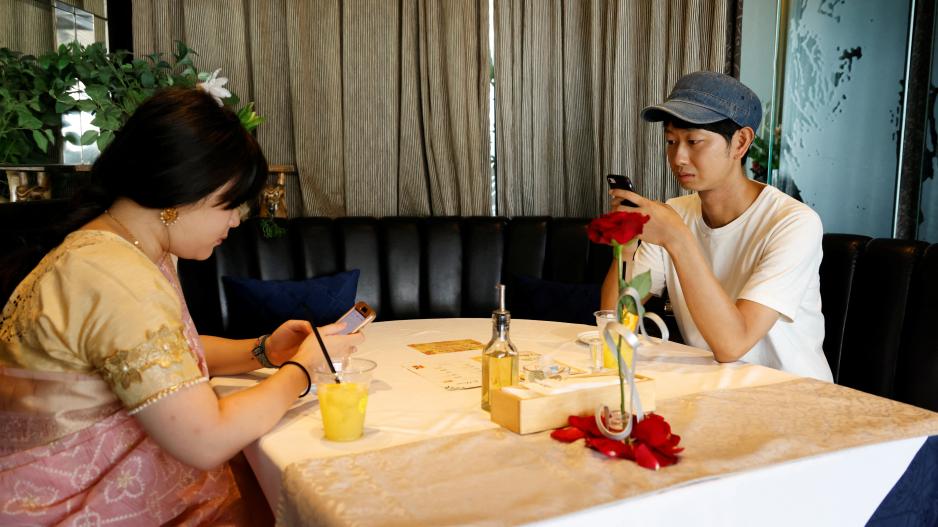Meet the Man Who Gets Paid to Do Nothing
Shoji Morimoto’s Unique Career Offers Comfort, Companionship, and a Judgment-Free Presence
In 2018, Shoji Morimoto was fired from his office job after being criticized for "lacking initiative" and "doing nothing of value." Ironically, the now 41-year-old has built a lucrative career by doing exactly that—nothing. Known as "the man who does nothing," Morimoto rents himself out to strangers for companionship in various situations, offering a quiet, non-judgmental presence.
Morimoto’s work ranges from waiting at the finish line of a marathon to joining a video call with a client cleaning their room. Once, he even replaced a client’s friend at a concert they couldn’t attend. Morimoto says he has been in objectively difficult situations, like standing in the scorching sun, enduring hours in freezing weather, attending parties with strangers, and standing alone on stage in front of a large audience.
Yet, he finds these experiences uniquely valuable, believing they are special moments created only because of his unusual job.
One of Morimoto’s longest gigs was a 17-hour train ride on the same railway line, completing 13 loops around Tokyo’s Yamanote line. Other requests have included listening to clients talk about their bad days. In such cases, he limits his responses to minimal, non-verbal cues like nodding, ensuring he doesn’t play the role of a therapist.

Morimoto receives around 1,000 requests annually. While he initially charged fixed rates of ¥10,000 to ¥30,000 ($65 to $195) per session, he recently adopted a "pay-what-you-want" model. In 2023, he earned about $80,000 but insists his goal isn’t wealth, but to "live simply and enjoy life."
CNBC followed Morimoto to an alternative restaurant in Tokyo where patrons interact with miniature pigs. The journalist accompanying him appreciated his quiet presence, which alleviated the discomfort of being alone in a social setting. This reflects Morimoto’s appeal—he allows clients to enjoy social activities without the judgment or pressure of interaction.
Morimoto often acts as a "security blanket," helping people feel less alone. For example, he once sat in a café while a woman handed her divorce papers to her husband. His mere presence, unnoticed by the husband, gave her the courage to complete the task.
While loneliness is a common reason clients hire him, it’s not the only one. Hiroshi Ono, a professor of human resources at Hitotsubashi University, explains that some clients are socially awkward and prefer paying for companionship over initiating friendships.
Morimoto says his favorite moments include receiving requests, meeting clients, accompanying them to unfamiliar places, or simply listening to their stories. For him, these experiences bring contentment and fulfillment.






